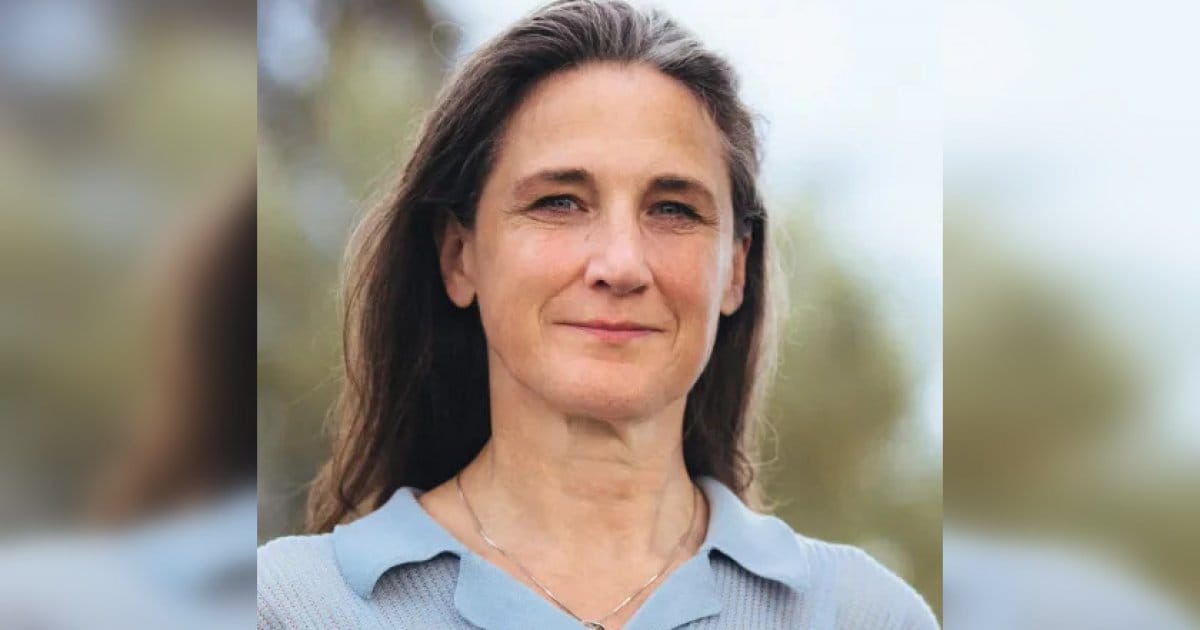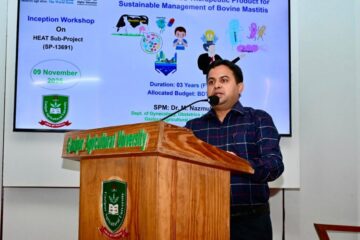Alison Cox, Policy and Advocacy Director at the NCD Alliance, brings over two decades of experience driving global policy change at the intersection of health, environment, and sustainable development.
Beginning her career with Greenpeace International, Alison went on to lead advocacy efforts for some of the world’s most influential public health movements — from shaping civil society participation in the WHO Framework Convention on Tobacco Control to ensuring that noncommunicable diseases (NCDs) were recognized within the UN Sustainable Development Goals.
As the former Director of Prevention at Cancer Research UK (2013–2021), she led major national campaigns restricting tobacco and junk food marketing and oversaw international programs supporting tobacco control advocacy in low- and middle-income countries.
Now at the NCD Alliance, she continues to advance global collaboration and advocacy for healthier, more equitable societies worldwide.
During the World Health Summit 2025 in Berlin, Dhaka Tribune Chief Reporter Ali Asif Shawon sat down with her for an exclusive conversation on the global NCD response, political will, and lessons for Bangladesh.
Dhaka Tribune: Bangladesh faces one of the largest public health challenges in combating NCDs, as thousands die every year from these diseases. This year’s World Health Summit emphasizes resilience in health systems. How do you see NCDs fitting into this global resilience agenda?
Alison Cox: NCDs are really at the heart of what the World Bank has described as a “polycrisis” — multiple global challenges happening at once. Whether it’s the climate crisis, conflict, or economic instability, people living with NCDs are often the most vulnerable and the most affected.
During the COVID-19 pandemic, we saw that between 60% to 90% of those who died had a pre-existing NCD. That shows why NCDs must be central to how we address the world’s complex and interconnected crises.
Despite global commitments, progress on NCD prevention and control has been much slower than expected. Why?
There are a few reasons. We’ve faced several crises in the past five years — the pandemic, economic instability, and conflicts — all of which have shifted focus and resources. But more fundamentally, there’s been a lack of political will and implementation.
Since the first UN High-Level Meeting on NCDs in 2011, we’ve seen great progress in developing evidence, national action plans, and policy frameworks — from tobacco and alcohol control to promoting physical activity. But too few governments have moved from plans to action.
What we need now is strong political leadership — a whole-of-government approach that prioritizes NCD prevention and care as part of national development and health resilience strategies.
How important is political commitment to addressing NCDs, especially amid shifting global priorities?
It’s absolutely vital. Governments must start seeing health as an investment, not a cost. The economic burden of disease is massive, not only in lost lives but also in lost productivity and household financial strain.
In Bangladesh, for example, around 69% of health spending comes from out-of-pocket payments. That means people are missing work or education to care for others, and families are falling into poverty due to medical costs. Investing in health, especially preventive and primary health care, builds a stronger, more productive economy. A healthy population is the foundation of growth.
Health equity and climate change are now deeply intertwined with the NCD agenda. How should governments, particularly in countries like Bangladesh, balance these overlapping priorities?
The connections between NCDs and the climate crisis are clear — they share many common drivers and solutions.
Air pollution is one of the biggest. It causes nearly eight million deaths a year globally and is largely driven by burning fossil fuels. Transitioning to clean, renewable energy would dramatically improve both health and climate outcomes.
Another major area is our global food system, which contributes heavily to carbon emissions and poor nutrition. Reforming it to be both sustainable and healthy can simultaneously reduce emissions and NCD risks.
Finally, we must make our health systems resilient to climate impacts — extreme heat, floods, and other weather events all have health consequences that countries like Bangladesh are already facing.
What lessons can Bangladesh learn from others that have successfully integrated NCD prevention into primary health care?
Bangladesh’s multisectoral approach is commendable — bringing together 35 ministries is a major step forward. The next challenge is implementation and sustainability. Reducing out-of-pocket costs should be a priority.
Strengthening primary health care can make a big difference — integrating routine screening for hypertension and diabetes, offering brief advice on tobacco use and diet, and ensuring every contact with the health system counts for prevention.
Countries that invest in community-level health services and social insurance systems are showing strong results — protecting people from catastrophic costs while improving early detection and care.
A recent report says air pollution is cutting Bangladeshi life expectancy by 5.5 years on average — even in the cleanest districts, pollution levels are seven times higher than WHO standards. How should national policy address this and other risk factors like tobacco consumption and diet?
Bangladesh is not alone — over 90% of countries don’t meet WHO air quality standards. But that only reinforces the urgency for action.
Reducing fossil fuel use and investing in clean energy are key first steps. Governments also need guidance from WHO on evidence-based, cost-effective interventions that can deliver results quickly.
Tobacco control remains a major opportunity, as does promoting healthy diets through food policy reform. Addressing these major risk factors would have enormous benefits for both health and the economy.
Do you think global institutions like the WHO and the World Bank are doing enough to integrate NCDs into global health investment agendas?
Not yet. For decades, less than 2% of global development assistance for health has gone to NCDs. That’s shockingly low considering NCDs are the leading cause of death and disability worldwide.
We’re now at a point where global health financing needs reform. The future must focus on universal health coverage (UHC) — people-centered, integrated care instead of disease-specific, vertical programs. Primary health care should be the backbone of that new health architecture.
You have been leading NCD advocacy for many years. What keeps you motivated, especially in countries where political attention is limited?
Health is the foundation of everything — for individuals, families, and societies. When we put health equity at the center of development and economic planning, we create stronger, fairer communities. That belief — that we can build a healthier, more equitable world — is what keeps me motivated.
Finally, what is your key message for South Asian governments?
My message is simple: put health first. Health is an investment — in your people, your productivity, and your economy. Resilient, healthy populations are essential for growth and stability. South Asian governments must increase their investment in health to secure their future.



